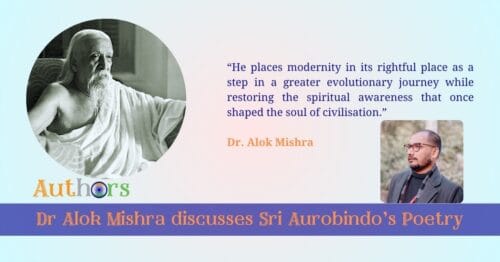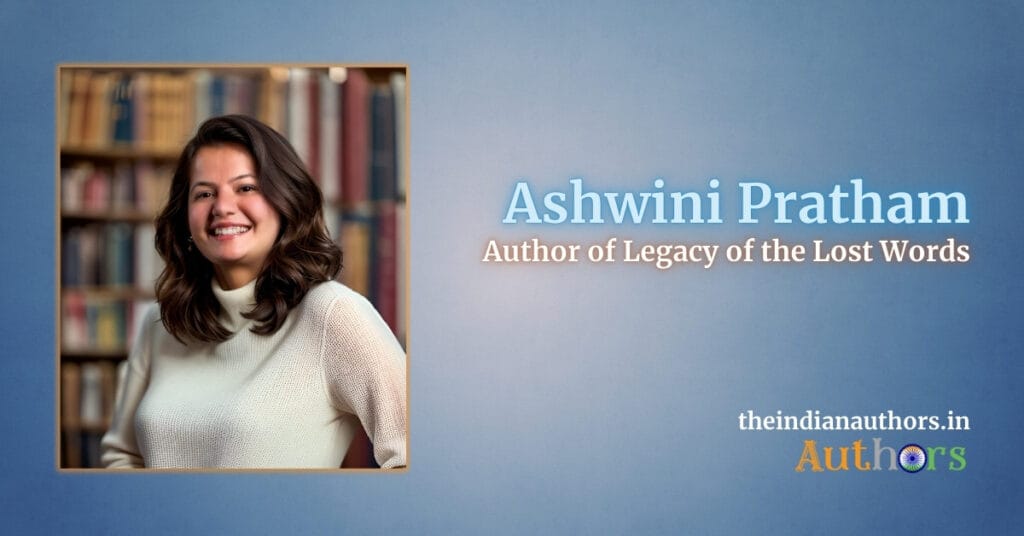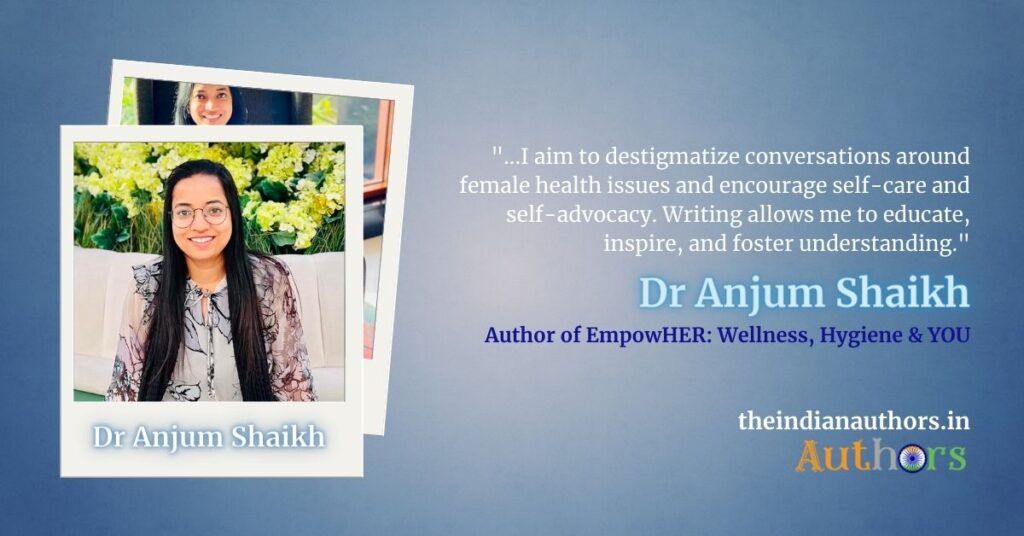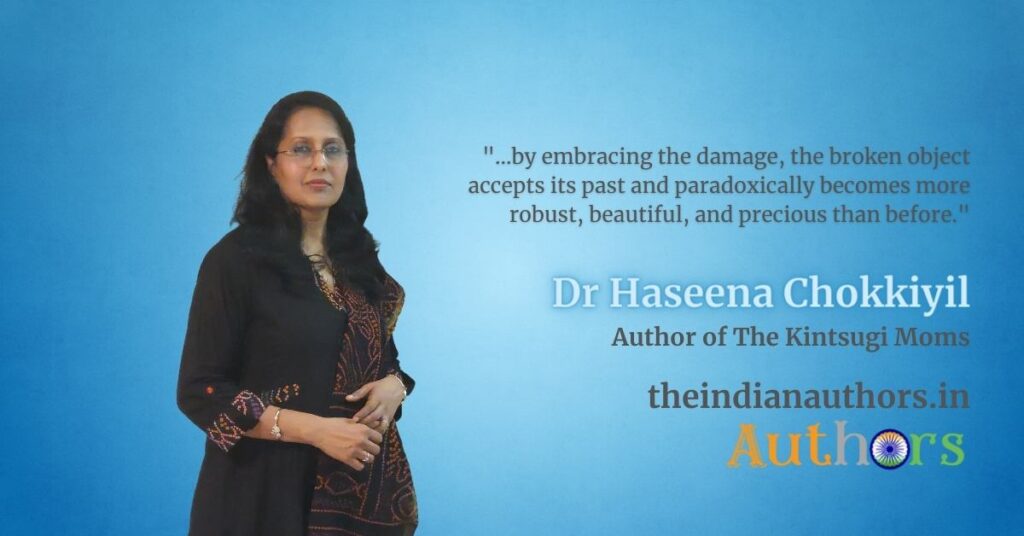Sri Aurobindo, better known as a mystic and spiritual philosopher, wrote some highly acclaimed poetry in English and translated many ancient texts into the Same Language, allowing the world to catch a glimpse of the profound knowledge savoured by Indians for ages. Although many Indian English poets composed well-received poetry after Sri Aurobindo, his place in the history of Indian English literature remains respected and critically esteemed due to the depth of his subjects, the themes of Indianness, and the sheer lofty nature of his verse, as evident in Savitri. Well, there may have been an initial misunderstanding in evaluating Sri Aurobindo’s poetic oeuvre by the poets after Independence, led by Ezekiel, who dismissed Sri Aurobindo on the charge of being outdated and obsolete. This may be, at best, a laughable academic and intellectual mistake.
Among contemporary critics of Indian English poetry and a notable figure in the subject of Indianness in Indian English literature, Dr Alok Mishra receives Sri Aurobindo in high regard. After completing his doctoral research on the topic of Indian English poetry and successfully defending his thesis, “In Search of Roots: Indianness in Indian English Poetry,” we sent a few questions along with congratulations, and he responded with his input. Here is the conversation that will help research scholars and students of Indian English literature in many ways.
Q. Overall, how do you assess the poetry of Sri Aurobindo in the context of Indianness in Indian English poetry?
Dr Alok Mishra: When we talk about Indianness in Indian English poetry, and once we reach to the point of pondering the works of Sri Aurobindo, a mystic and a cosmopolitan in the closest synonymity of the term, we realise that the Indian message to the world, an authentic glimpse of the values that India stands for and the uniqueness of the Indian civilisation were embedded in the verse of Sri Aurobindo beyond any extent that we could find in the Indian English poets before him. Sri Aurobindo’s poetry is the poetry of Indian poetic truth, a search to sail across the existential dilemmas and quest to reach the end of human limitations, to elevate one’s perception about the world and the worldly, to understand the flow of cosmic energy, to realise the true meaning of metaphors and imagery in the classical Indian literature… it is a daunting task that Sri Aurobindo undertakes, culminating in his magnum opus Savitri, thought not fulfilled, just like the human quest marked by the shortness of biological limits the universe put upon us in the form of age… Sri Aurobindo’s poetry comes out as the beacon of hope and contentment that the Indian Sanatan culture has been offering for aeons – looking inward to understand the world outside, being satisfied with what is around rather than looking for the momentary and illusory material objects, accepting death as the faithful companion of life and being unafraid of it, embracing the modern without disrespecting the ancient… A never-ending search for poetic truth adorned with a religiously charged spiritual quest!
Q. What’s special about the poetry of Sri Aurobindo? What makes him a representative of Indian culture, spirituality and philosophy?
Dr Alok Mishra: Sri Aurobindo’s poetry marks a profound turning point in the spiritual trajectory of modern literature, where the mystical is not merely a theme but a lived reality given artistic form. Drawing from Vedic and Upaniṣhadic traditions, his verse opens unseen doors to what Sethna termed the “overhead” realms in his book on the poetic excellence of Sri Aurobindo. In his work, The Future Poetry, Sri Aurobindo describes the concept in detail, outlining the zones of higher consciousness that are rarely accessed by intellect or imagination. This poetry breathes with light and rhythm that seem to originate beyond the human mind, carrying with it an aura of revelation. He does not separate the divine from the human, but instead infuses the earthly experience with sacred depth, giving new form to age-old themes such as love and death. His blank verse pulses with inner harmony and poised power, while his adaptation of the hexameter reshapes English prosody with boldness and innovation. Yet the force behind his art lies not in technical finesse alone but more so in his yogic insight. His lines arise from a consciousness that transcends and illuminates. Aurobindo’s poetic voice is both prophetic and lyrical, capable of evoking the eternal in the transient. His poetry does not merely describe spiritual truths; it enacts them, allowing readers to feel, sense, and even inhabit a consciousness beyond the ordinary. In following a path that classic Indian poets have followed for ages, Sri Aurobindo became a true representative of Indianness in Indian English poetry not only by writing on the themes from ancient Indian scripture and philosophical truths but also by pursuing the highest order of poetry in English with all possible technicalities checked in their correct measures.
Q. How does Sri Aurobindo navigate the challenges of mitigating the gap between the modern and the ancient in his poetry? Does he disregard modernity? Does he focus only on the ancient?
Dr Alok Mishra: Sri Aurobindo, the poet, has many admirers in the Indian English literary circles. M. K. Naik, K. D. Sethna, and V. K. Gokak may be the leading ones and the most vocal, if that matters. The more I read his poetry and his thoughts on poetry, the more admirable Sri Aurobindo becomes to me. And I believe that anyone may become his admirer just by reading his poems, even the shorter ones if not Savitri. Well, to answer the well-thought-out question, I will have to refer to Savitri, Sri Aurobindo’s magnum opus. That becomes the vessel carrying the excellent ideas of the mystic poet.
In Savitri, Sri Aurobindo offers a poetic vision that both incorporates and transcends modernity, navigating the divide between ancient spiritual wisdom and contemporary scientific rationalism with philosophical subtlety and lyrical grace. He does not disregard modern science; instead, he appreciates its achievements. Some examples referenced in the epic poem include the mapping of the stars, mastery over communication, the decoding of life’s genetic structure, and the transformation of matter into immense energy. Yet, Aurobindo exposes the inner void these accomplishments fail to address. He acknowledges that humanity has conquered space and unveiled nature’s secrets, but he critiques this progress as ultimately shallow if divorced from spiritual realisation. His poetry turns the mirror on a civilisation enthralled by intellect and empirical reason, suggesting that these instruments, however powerful, are incomplete. In Aurobindo’s framework, reason is a fragmentary tool, capable of describing but not deciphering the essence of existence. The analytical mind becomes a “robot exact and serviceable and false,” a powerful mechanism that cannot touch the heart of truth. Even the splendour of science is likened to “bright pebbles on the shore / Of the huge ocean of his ignorance,” a metaphor that reverberates with quiet irony. For Aurobindo, the surface knowledge attained by science does not illuminate the origin or purpose of life; it simply rearranges the known without grasping the knower. Reason, in its fervent classifications, may “iron out a tranquil uniform world,” but it strips human life of its spiritual complexity and depth.
By contrast, Sri Aurobindo reclaims the spiritual intuitions of ancient Indian philosophy, not as a rejection of the modern but as its necessary complement and transcendence. His poetry, while deeply engaged with the spiritual vocabulary of the Vedas and the Upaniṣhads, speaks in a contemporary idiom and addresses modern dilemmas. He brings the Upaniṣhadic quest for Brahman into dialogue with contemporary notions of progress and evolution. This is nowhere more evident than in his portrayal of evolution itself, not just as a biological process, but as a divine unfolding, an inner ascent from matter to life, to mind, and ultimately to supramental consciousness. Thus, while modern science traces the path of man’s biological ancestry, Sri Aurobindo elevates the discourse by asking what power initiated that path, what force animates it, and what end it seeks. The poet does not call for a regression into the past but proposes an evolutionary leap into a higher form of consciousness, where the mind’s partial truths give way to the soul’s direct vision. In this synthesis, the ancient and the modern are not in conflict but are re-harmonised within a larger spiritual cosmology. Sri Aurobindo’s project, then, is not nostalgic or anti-modern but integrative and visionary. He places modernity in its rightful place as a step in a greater evolutionary journey while restoring the spiritual awareness that once shaped the soul of civilisation. Through Savitri, he offers not only a critique of reason’s limits but also a luminous pathway beyond them, toward a supramental truth that unites the ancient quest with the future aspiration. His magnum opus in poetry, thus, becomes the mediator not only between ancient and contemporary poetry but also the philosophical bridge between the spiritual quest and scientific investigation.
Q. You appreciate Sri Aurobindo with an open heart. However, many poets from the generation after India’s independence criticised Sri Aurobindo for his outdated themes and style. How do you see that?
Dr Alok Mishra: Every person has the right to like and dislike things. Contrary to what many would say in the media and write in the editorials of newspapers with deceiving or ironic names (when compared to their characteristics), freedom of choice is indeed a thing in our country, and it exists. Very much. However, when poets with critical acclaim committed the blunder of disregarding poets like Sri Aurobindo, Sarojini Naidu, and others, such as Toru Dutt and even Tagore, it was a bad idea. I will align with the best response proposed by legendary M. K. Naik – they denounced what they misunderstood or may not have fully fathomed. Sri Aurobindo’s poetry and his views on poetry should be read by anyone interested in understanding the Indian perspective.
Friends, this was an interesting conversation we had with Dr Alok Mishra, who earned his PhD on June 27, 2025. Please share your thoughts in the comments.
(Conversation with inputs by Dr Alok Mishra, founder, English Literature Education & many other platforms, and the article by Amit)




